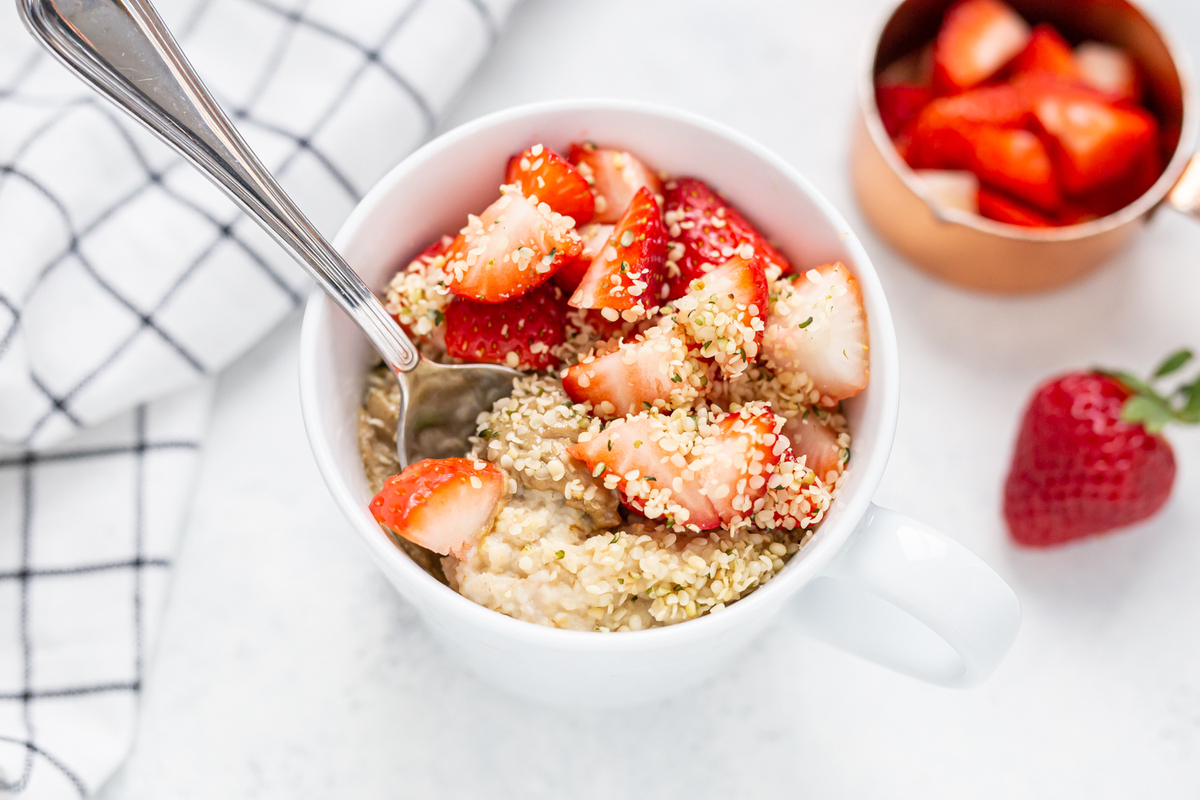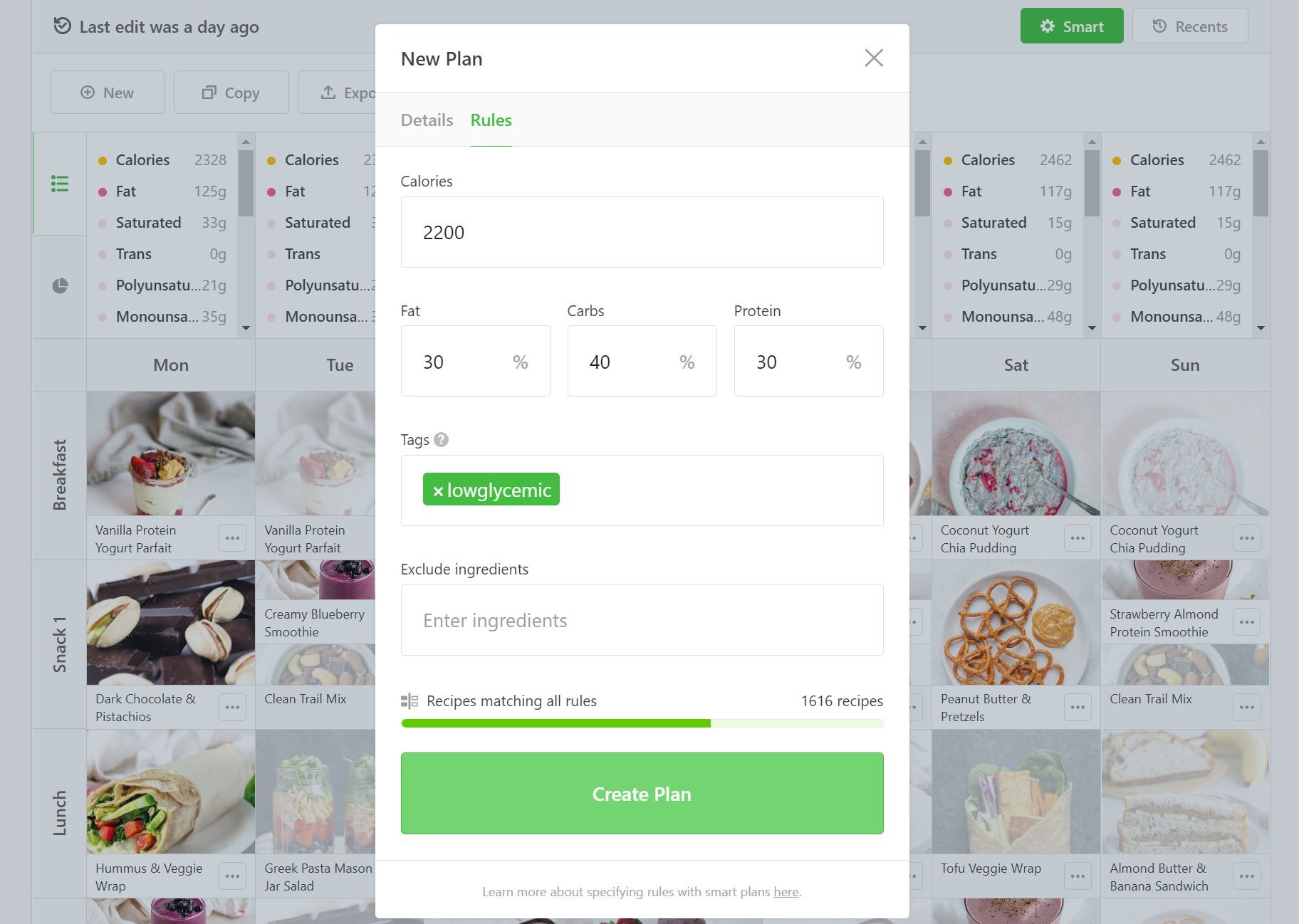If your male client is experiencing changes in mood, weight, energy levels, or sexual drive - supporting their hormone health through diet and nutrition might be a good place to start.
In this article, we will cover:
- Key male hormones and their functions.
- Calorie and macronutrient considerations.
- Minerals and vitamins to focus on.
Hormones 101
Hormones are chemical messengers in the body that tell our cells what to do. They coordinate mood, digestion, energy levels, and bodily functions. Hormone levels can change with diet, activity levels, medical conditions, sleep, and age. For men, these hormone fluctuations can impact appetite, metabolism, sexual drive, risk of chronic disease, and body composition.
If your client has a hormone imbalance, diet and medical treatment can work together to solve potential nutrient deficiencies and to support the production of certain hormones.
Key Male Hormones
There are some key hormones that are essential to men’s hormonal health. Once you have a good understanding of what these hormones do and how they impact your client's health, it will make it easier to provide nutrition recommendations to keep these balanced.
- Insulin is released from the pancreas after you eat and takes glucose from the blood to cells for energy. It helps maintain normal blood glucose levels and weight management which can affect energy levels and the risk of developing diabetes and heart disease.
- Leptin and Ghrelin are responsible for hunger and appetite control. Leptin is released from fat cells and helps control appetite and maintain weight, whereas ghrelin is responsible for stimulating appetite.
- Thyroid Hormones. Both an underactive or overactive thyroid can lead to unfavorable symptoms such as weight and body temperature changes, fatigue, low mood, infertility, and sexual dysfunction.
- Testosterone plays an important role in fertility, sexual function, bone health, and muscle mass. Testosterone has beneficial effects on several cardiovascular risk factors, which include cholesterol, endothelial dysfunction, and inflammation. Men with low testosterone levels are more likely to suffer a cardiovascular event and develop insulin resistance.
- Cortisol is a steroid hormone released in times of stress and increases blood pressure and heart rate. It helps modulate the immune system, supports anti-inflammatory responses, the nervous system, blood sugar levels, and blood pressure. Long-term exposure to high stress levels can alter the level of another stress hormone DHEA which in turn will lower testosterone production.
Nutrition Considerations for Men’s Hormones
What your clients eat affects the production of hormones and their signaling pathways. A healthy diet can help keep these hormones in sync.
These are some important considerations, nutrients, and foods to help keep your client's hormones balanced.
Energy Levels
Excess calories and obesity disrupts the male reproductive function and increases the risk of infertility. This happens through changes in hormone levels which impact testicular metabolism and sperm composition, quality, and function. The opposite is also true where not eating enough calories can disrupt metabolism and downregulate the production of sex hormones. Calculating your client's calorie needs and creating a meal plan can help them stay within their energy and weight goal.
Tip: Use That Clean Life's Automator to set your client’s calorie and macronutrient goals when creating a meal plan.
Healthy Fats
Heart-healthy fats are provided by foods like olive oil, avocados, nuts, and seeds and can support healthy leptin and ghrelin levels as well as testosterone levels. Erectile dysfunction appears to lessen in men adhering to the Mediterranean diet which contains plenty of omega-3 and omega-6 fats. These types of fats influence sperm maturation, motility, and acrosome reaction. Omega-3 fats can also assist with stress reduction by lowering cortisol concentrations. These healthy fats are found in fatty fish such as salmon, tuna and mackerel, walnuts, ground flaxseed, and plant-based oils.
Tip: Use our pre-made Mediterranean Diet with your clients, built with high-fiber, nutrient-dense foods, heart-healthy fats, and quality protein.
Protein
Protein is considered to be the most satiating macronutrient as it induces prolonged ghrelin suppression. Eating protein regularly, especially at breakfast, can help lower ghrelin levels and may reduce overeating later in the day. Getting enough daily protein also helps to balance blood sugars and maintain muscle mass.
Tip: When creating your client's meal plan, try to choose one protein source with every meal and snack.
Complex Carbohydrates & Fiber
Eating the proper amount and type of carbohydrate is important to help balance insulin levels. Dietary fiber intake is associated with several health benefits including lower blood pressure, improved blood glucose control, and weight loss. Soluble fiber found in foods like oats, bran, and beans has been shown to delay hunger and increase satiety through effects on certain gut hormones. To increase the fiber in your client's diet, you can encourage them to swap out refined carbohydrates for more complex sources from whole grains, fruits, vegetables, and legumes.
That Clean Life offers a range of ready-to-use templates to help you create a comprehensive, evidence-based meal plan for your clients. Check out our Men's Hormone Balancing Diet.

Zinc
Zinc plays an essential role in the immune system, male fertility and in maintaining the lining of reproductive organs. A deficiency in this mineral can cause sperm abnormalities and lower testosterone concentration, growth impairment, hypogonadism, and some endocrine diseases. Zinc is also important for the metabolism and synthesis of thyroid hormones which help maintain body homeostasis. Good sources of zinc include seafood, beef, pork, legumes, dairy, and oatmeal.
Tip: Use That Clean Life's nutrition filters to find recipes high in zinc and fiber.
Magnesium & Vitamin B6
Research shows magnesium plays a role in managing testosterone levels, anxiety, and depression. Vitamin B6 is effective when combined with magnesium in adults with severe stress. You can create a meal plan that provides adequate magnesium and vitamin B6 to support the body during stressful periods. Magnesium is found in seeds, nuts, spinach, and beans. Good sources of vitamin B6 are tuna, salmon, chicken, potatoes, and bananas.

A nutritious diet and healthy lifestyle choices will help keep your client's hormonal health in check. In some cases, you may need to encourage your client to seek assistance from a medical professional if hormone replacement therapy is needed.
Key Takeaways
- Hormone fluctuations can impact appetite, metabolism, sexual drive, risk of chronic disease, and body composition.
- Providing an appropriate amount of calories to keep your client at a healthy body weight is important for male reproductive function and fertility.
- Omega-3 and omega-6 fats influence sperm maturation, motility, and acrosome reaction. Omega-3 fats can also assist with stress reduction by lowering cortisol concentrations.
- Add a protein source to meals and snacks to reduce overeating, balance blood sugars and maintain muscle mass.
- Providing complex carbohydrates and high fiber options can lower blood pressure, improve blood glucose control, and increase satiety
- Add zinc sources from seafood, meat, legumes, dairy, and oatmeal to boost the immune system, male fertility, and body homeostasis.
- Create a meal plan that provides adequate magnesium and vitamin B6 to support the body during stressful periods and manage testosterone levels. Magnesium is found in seeds, nuts, spinach, and beans. Good sources of vitamin B6 are tuna, salmon, chicken, potatoes, and bananas.
Ready to create your hormone support meal plan? Get started with That Clean Life’s ready-to-use Men's Hormone Balancing Diet.
This template includes a 7-day meal plan, an itemized shopping list, appropriate recipes, a prep guide, and supporting evidence. It's fully customizable based on your client’s needs and preferences.
If you are not yet a member of That Clean Life, watch our demo here to see how it works!


